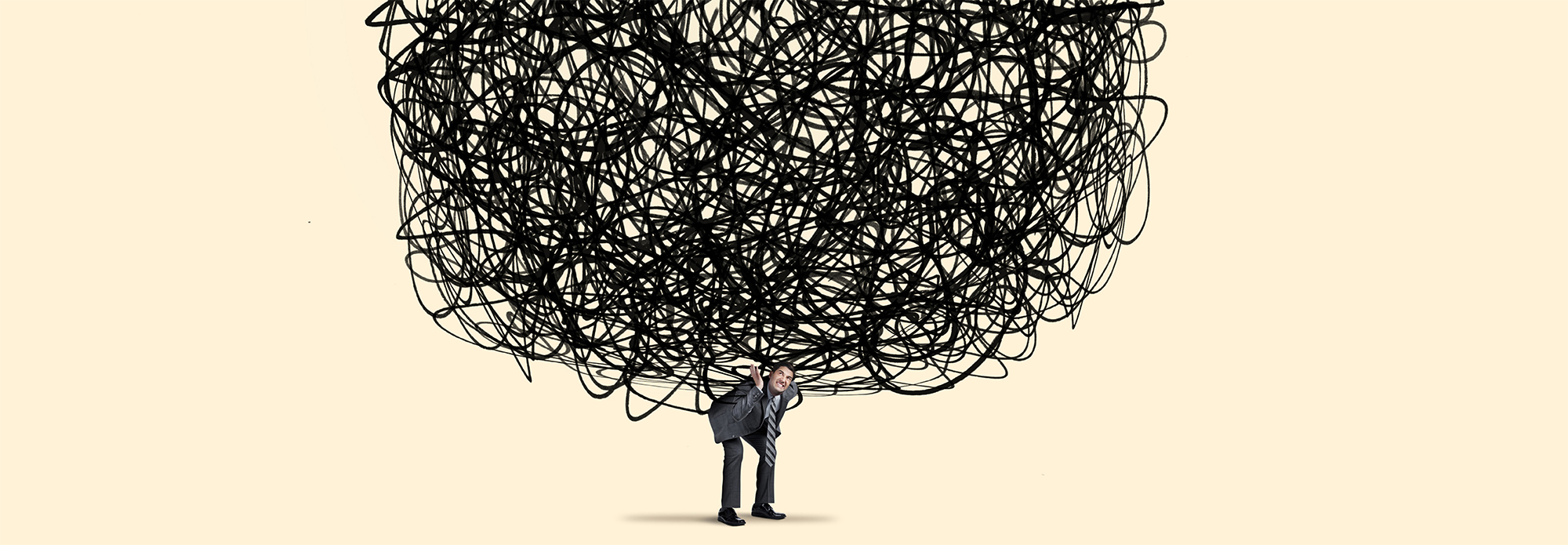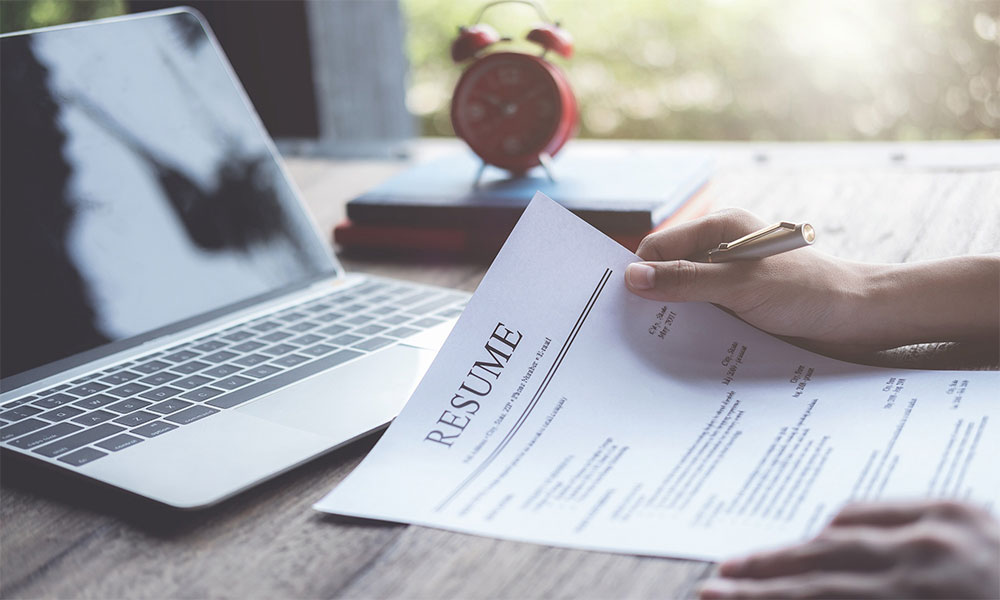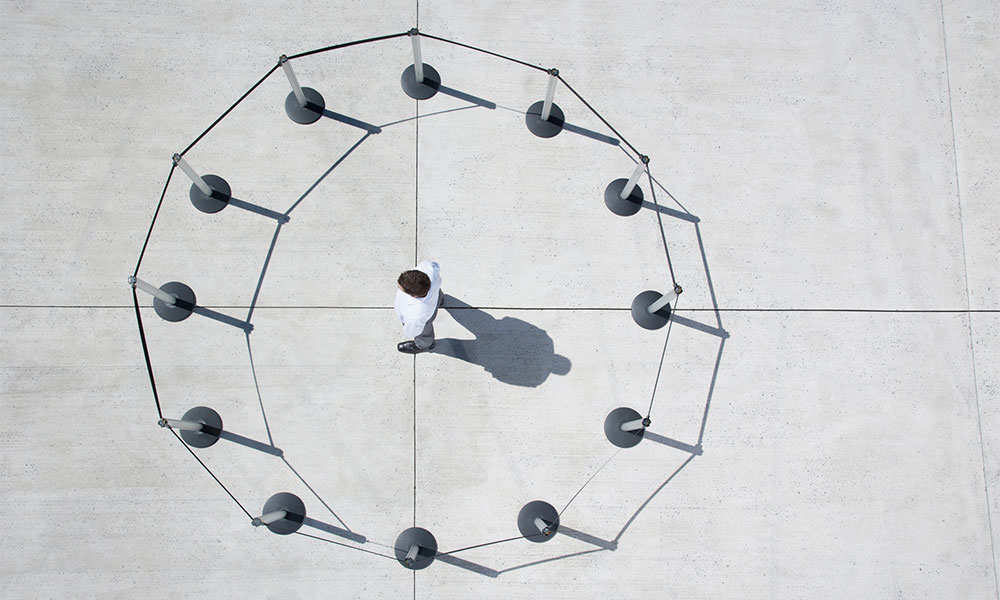I was catching up with an ex-colleague when he mentioned his upcoming vacation. “Ten days in Italy,” he said, sounding almost stressed. “Got the whole itinerary mapped out minute by minute – museum tours, early morning hikes, pasta-making class, networking dinner with some industry folks… Trying to make it as productive as possible.”
I raised an eyebrow. “You’re optimizing your vacation?” He laughed. “Well, yeah. Can’t waste time just… doing nothing.”
“That’s kind of the point of a vacation,” I said. “If you’re scheduling every minute, isn’t that just work with better scenery?”
He opened his mouth, then paused. “Huh. Hadn’t thought of it that way.”
“I’ll sleep when I’m dead!” Have you ever said it? I sure have. And in recent years, I’ve recognized it for what it is – a justification of toxic productivity.
When does productivity become toxic? When there is a relentless drive to be productive at all times, usually at the cost of your health, self-esteem, relationships and quality of life. Toxic productivity isn’t some mythical Wall Street phenomenon. It lives at our own desks, cubicles and meeting rooms. According to the 2024 Global Talent Trend Report by Mercer, an astounding 82% of the global workforce is now at risk of burnout due to overwork and exhaustion.
Where have things gone wrong? Surely productivity is a good thing. After all, it’s the key to individual success, community advancement and national growth. But can you have too much of a good thing? The experts say yes – when the compulsion to be productive trumps everything else in your life.
Signs of toxic productivity include:
- Overscheduled days. Every slot in your calendar is occupied. Some are even double-booked.
- Can’t slow down. It’s tough to let go and relax. You feel guilty or restless when being ‘unproductive’.
- Always working. You’re glued to your laptop on weekends. You don’t utilize PTO and rarely take vacations.
- Not good enough. You berate yourself for not getting enough done. Your self-worth is tied to productivity.
- Always on 24/7. You’re in habitual overdrive. A high level of stress is your default state of mind.
Living in the hustle culture
Toxic productivity isn’t born in a vacuum. Today’s performance-driven culture celebrates overwork as a virtue and views rest as laziness. People’s worth is often judged by how much they get done. Social media is also obsessed with ‘the hustle’, transforming every moment of life into an opportunity for productivity and monetization.
Interestingly, the appeal of chronic ‘busyness’ can also be due to unmet emotional needs, a thirst for validation, or a lack of life purpose. Staying occupied every minute of every day becomes a way to fill the void and avoid uncomfortable feelings.
The toll of Toxic Productivity
Breaks, weekends, holidays – these are all four-letter words in the world of toxic productivity. Employees are expected to work after hours and on holidays, forego paid leave, and always put work first – that is seen as ‘commitment’.
Under such immense pressure, people are unable to rest and relax during their time off – even though they’ve earned it. They also become reluctant to take breaks during the workday, with an increasing number of employees now eating lunch alone at their desks.
Three groups are most vulnerable to toxic productivity:
- Young professionals seeking to make their mark.
- Leaders facing intense pressure to deliver ambitious results.
- Perfectionists who set impossible standards for themselves.
Toxic productivity has clear and well-documented consequences. Your mental and physical well-being suffer, leading to a host of problems – from fatigue, stress and depression to poor sleep, digestive issues and hypertension. Simply sitting at a desk for over 8 hours a day, with no breaks or physical activity, is now considered as dangerous as smoking.
Your relationships also bear the brunt: neglecting family and friends can lead to interpersonal conflict and social isolation. Finally, without the joy and benefits provided by hobbies, outings and vacations, your overall quality of life declines. These effects are felt even more acutely by women, who typically have a ‘second shift’ of domestic chores and childcare, leaving little time to rest and recharge.
The biggest irony? Toxic productivity actually makes you less productive. Long, uninterrupted working hours have a negative impact on motivation, engagement and efficiency. Genuine productivity is not about burning the midnight oil; it’s about knowing where and how to allocate your resources. As the Pareto Principle tells us, 80% of outcomes come from just 20% of efforts.
Reset your relationship with productivity
In the long run, overworking and constant ‘busyness’ will not serve you well. Instead of internalizing the culture of toxic productivity, step back and re-evaluate. As psychotherapist Israa Nasir explains:
For productivity to be healthy rather than toxic – an activity, not an identity – it must come from a place of self-care, balance, and personal fulfillment.
Here are five suggestions to reframe your own productivity habits:
- Self-worth. Linking self-worth solely with how much you achieve makes it tough to unwind, relax and have fun. Every second you’re not being productive feels like wasted time. Unlearn this lesson to spark a richer, more fulfilling life. Self-worth is not just your productivity but also your empathy, joy, humour, creativity, compassion and so much more!
- Emotional regulation. Do you default to ‘busyness’ as a way to avoid uncomfortable feelings? If toxic productivity is your coping mechanism, then learning to regulate your emotions will help you strike a better balance. Tools like mindfulness, journaling and therapy can help you identify, manage and release difficult emotions.
- Micro-reset. In the grip of toxic productivity, you fill every minute with something ‘useful’ like checking email, making calls, etc. This doesn’t give your mind any time to rest or just be – which is crucial for processing information, making memories and unlocking creativity. Consciously take micro-breaks during the day to help your brain recover and recharge. Practice deep breathing, take a walk or simply daydream for a few minutes.
- Mono-tasking. This is a tip I’ve shared with countless people. Multi-tasking is not your friend. Trying to tackle several things at the same time scatters focus and reduces efficiency. Devote yourself to one task at a time. Don’t try to do it all (spoiler alert: you can’t!). Learn to say no to things that don’t match your priorities or can easily be automated/delegated.
- Scheduling. Take a fresh approach to managing your calendar. Be realistic about how much you can do in a specific time frame. Build in buffers between tasks. Don’t accept every meeting invitation. Carve out time for short breaks during the workday and reserve weekends for rest, social connection, chores and hobbies. Start now – what is one task you can drop from today’s schedule?
Lead the way to healthy productivity
A wider and more lasting change can only come if leaders also do their part. As a manager or leader, here are five steps you can take to foster a healthier work culture:
- Don’t glorify overwork. Productivity, for its own sake, is meaningless. Focus on goals and impact, not how busy someone appears or how long they spend at their desk. Develop meaningful ways to measure success.
- Draw a realistic line. Set manageable workloads and develop sustainable routines. Stop asking team members to sacrifice their well-being and relationships for work. Not only is this an unfair ask, but it will ultimately backfire.
- Reduce over-meeting. The biggest cause of time suck in modern workplaces? Endless meetings. Do an audit and clean up your team calendar, so vital work can be completed during office hours. Be ruthless.
- Model healthy habits. Take short timeouts during the day. Eat lunch and grab coffee with colleagues. Brainstorm over a walk in the park. Go home on time for family dinner. Claim your PTO openly and go on ‘loud vacations’.
- Clarify expectations. Some leaders get their best work done at night. Others like to set aside an hour on weekends to tackle emails. Team members can feel pressured to respond in kind, so make it clear that this is your personal preference and is not expected from everyone. (Writing a Personal User Manual can help.)
A well-rounded life
At the end of the day, few people will regret not spending more time at work. Building a successful career is a lifelong endeavour for most of us. Let’s do it in a way that doesn’t compromise our well-being and relationships. Breaking the cycle of toxic productivity allows us to deliver better outcomes as well as enjoy a healthy, vibrant life in alignment with our own priorities.








Comments